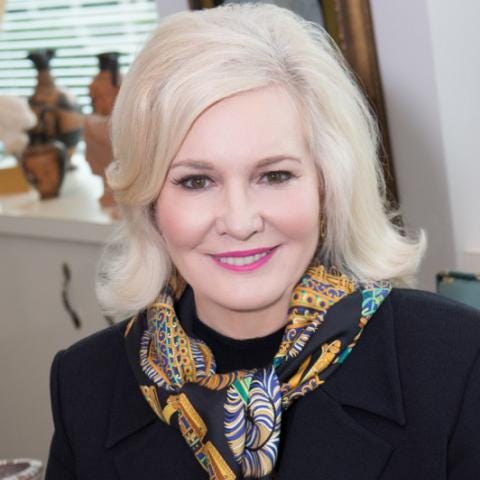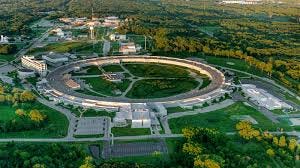💬 If we don’t invest in R&D while our competitors do, we’ll fall behind in the technology races that define this century.

🎙️ Episode Overview
(Airdate May 28, 2025)
Can America stay ahead in the global innovation race? Deborah Wince-Smith thinks we still can—and she knows what it takes.
What do Bronze Age archeology and global competition have in common? Our guest on the Hale Report explains how she began her career at Vassar and Cambridge, studying the ancient classical world of Greece. That early academic lens continues to inform her work today—designing frameworks that integrate technological advancement with economic strategy, echoing the enduring ingenuity of ancient innovation hubs.
In this wide-ranging conversation, Lyric Hughes Hale speaks with Deborah Wince-Smith, President and CEO of the Council on Competitiveness (compete.org) about the future of American innovation and the global race for technological leadership. Wince-Smith shares insights from her decades-long experience shaping US science, technology, and economic policy—spanning the Reagan administration to today’s shifting geopolitical landscape.
If you’ve wondered why the debate over US competitiveness has taken center stage in recent policy discussions, you can thank today’s guest. These discussions just do not happen—they require a champion who is articulate, persistent, and has a platform. Wince-Smith’s ability to synthesize complex policy conversations into actionable frameworks has made her a prominent figure in shaping the trajectory of American progress in the 21st century.
Wince-Smith has an extensive background in science and technology policy, international economic affairs, and public-private partnerships. Her career began as a program director at the National Science Foundation, where she managed US research programs with Eastern European countries and US universities. She played a pivotal role in fostering initiatives such as President Reagan’s Innovation Initiative, and has worked across government, industry, and academia to enhance American competitiveness. She has consistently emphasized the critical role of the US national laboratory system in advancing basic research and driving innovation.
The episode highlights the need for a new compact—uniting academia, government, and industry—to ensure long-term prosperity and security in a volatile world.
Topics Discussed
The structural pillars of US competitiveness, including the US national laboratory ecosystem
Strategic challenges posed by China’s state-led innovation model
Public-private collaboration in R&D and manufacturing
The rise of regional innovation hubs across the country
The importance of restoring federal R&D investment
AUKUS, the trilateral security pact between Australia, the US, and the UK
Dual-use technology, and the intersection of national security and innovation
🎤 Key Moments
❝Placemaking innovation is happening across the country—Silicon Valley doesn’t have a monopoly anymore.
❝ Innovation and national security are now inseparable. We need to build resilience into our industrial base.
❝ China’s system is not reciprocal—tariffs are not just about economics, they’re about restoring fairness.
❝ America’s strength has always come from its ability to unite diverse regions, industries, and talent pools under a common mission.
❝ We need a modern-day innovation compact—one that matches the scale of the challenges we face.
❝ Public-private partnerships aren’t just useful—they’re essential to solving the hardest problems of our time.
📚 Related Reading:
Compact for America : Council on Global Competitiveness (May 28, , 2025)
💬 Join the Discussion
🎙️About Our Host
Lyric Hughes Hale
Lyric Hughes Hale serves as Editor-in-Chief of Econvue, which publishes a newsletter, econVue+. She hosts The Hale Report, a podcast series on global economics. She is Director of Research at Hale Strategic
📍Chicago
❝ We didn’t leave the Stone Age because we ran out of stones—we innovated our way forward.
—Deborah Wince-Smith, President & CEO, Council on Competitiveness













